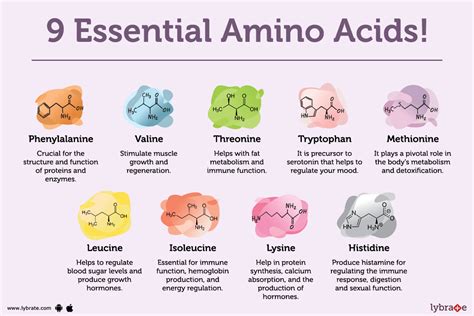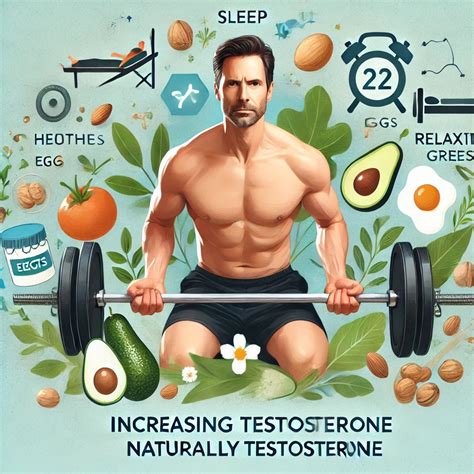Beyond muscle building, what specific micronutrient deficiencies are commonly associated with lower testosterone levels in men?

While testosterone is famously linked to muscle growth and strength, its influence extends far beyond the gym, impacting energy levels, mood, cognitive function, and overall vitality in men. Low testosterone (Low-T) can significantly diminish quality of life, leading many to seek solutions. Often, the focus remains on broad lifestyle changes or pharmaceutical interventions. However, a less discussed but crucial aspect is the role of specific micronutrient deficiencies, which can silently undermine healthy testosterone production.
The Critical Role of Micronutrients in Hormone Production
Our bodies are complex biochemical factories, and hormones like testosterone require a steady supply of specific raw materials – micronutrients – to be synthesized, regulated, and utilized effectively. These essential vitamins and minerals act as cofactors, enzymes, and structural components in various hormonal pathways. A deficiency in even one key micronutrient can disrupt this delicate balance, potentially leading to suboptimal testosterone levels.
![A Guide to Micronutrients: Recommendations & Sources [NASM]](/images/aHR0cHM6Ly90czIubW0uYmluZy5uZXQvdGg/aWQ9T0lQLmZkNXlQd2tBM3JvVGMzemxsZ0lCSGdBQUFBJnBpZD0xNS4x.webp)
Zinc: The Cornerstone Mineral
Zinc is arguably one of the most critical minerals for male reproductive health and testosterone synthesis. It plays a vital role in regulating serum testosterone levels. Research indicates that zinc deficiency can lead to a significant decrease in testosterone, while supplementation in deficient individuals can restore levels. Zinc is essential for the enzymes involved in testosterone production and also helps protect Leydig cells (which produce testosterone) from oxidative stress. Good dietary sources include red meat, poultry, oysters, beans, and nuts.
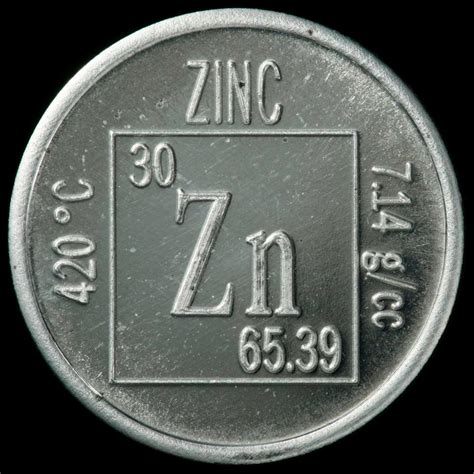
Vitamin D: More Than Just Bones
Often referred to as a vitamin, Vitamin D functions more like a steroid hormone in the body. Receptors for Vitamin D are found in the Leydig cells, suggesting a direct role in testosterone production. Numerous studies have shown a strong correlation between low Vitamin D levels and lower testosterone. Supplementation with Vitamin D has been demonstrated to increase total and free testosterone levels in men who are deficient. While sunlight exposure is a primary source, many men, especially in higher latitudes or with indoor lifestyles, struggle to maintain optimal levels, making dietary sources (fatty fish, fortified foods) and supplementation important.
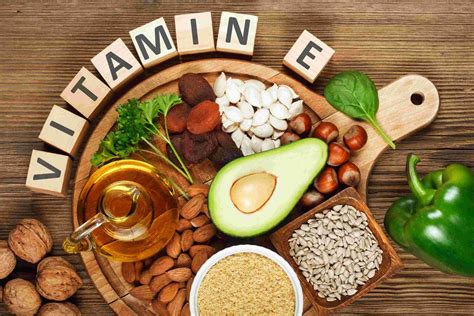
Magnesium: The Unsung Hero for Free Testosterone
Magnesium is an essential mineral involved in over 300 enzymatic reactions in the body, including many related to energy metabolism and hormone production. Critically, magnesium plays a role in increasing free (bioavailable) testosterone by reducing its binding to Sex Hormone Binding Globulin (SHBG). When testosterone is bound to SHBG, it is not available for the body to use. Magnesium helps to free up this bound testosterone, making more of it active. Common dietary sources include leafy green vegetables, nuts, seeds, legumes, and whole grains. Many individuals are deficient due to modern diets and soil depletion.
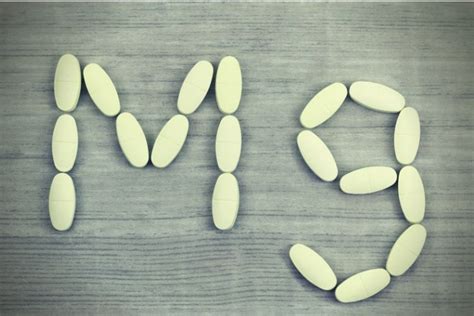
Other Potentially Impactful Micronutrients
- Selenium: This trace mineral is vital for thyroid function, which indirectly impacts testosterone production. It also acts as an antioxidant, protecting testicular tissue from damage.
- B Vitamins (especially B6): B vitamins are cofactors in various metabolic processes, including the synthesis of neurotransmitters and hormones. Vitamin B6, in particular, has been linked to hormonal regulation and can influence testosterone levels by reducing prolactin, a hormone that can suppress testosterone.
- Vitamin K2: Emerging research suggests Vitamin K2 may play a role in testicular health and testosterone production, though more studies are needed.
Addressing Deficiencies and Optimizing Testosterone
Identifying micronutrient deficiencies typically requires blood tests, often ordered by a healthcare professional. Once identified, addressing these deficiencies involves a multi-pronged approach:
- Dietary Modification: Prioritize a whole-foods diet rich in a variety of fruits, vegetables, lean proteins, healthy fats, and whole grains to ensure a broad spectrum of nutrient intake.
- Targeted Supplementation: Under the guidance of a doctor or registered dietitian, specific supplements can be used to correct identified deficiencies. It’s crucial not to self-diagnose or over-supplement, as some nutrients can be harmful in excess.
- Lifestyle Factors: Adequate sleep, regular exercise (including strength training), and stress management also significantly impact hormonal balance and enhance the effectiveness of nutritional interventions.

Conclusion
While muscle building is a common association, healthy testosterone levels are foundational to men’s overall well-being. Beyond the more obvious contributors to low testosterone, specific micronutrient deficiencies like zinc, Vitamin D, and magnesium represent a critical yet often overlooked factor. By understanding and addressing these nutritional gaps, men can take significant steps towards optimizing their hormonal health and enhancing their vitality, energy, and mood. Consulting with a healthcare provider is always recommended for personalized assessment and guidance.


